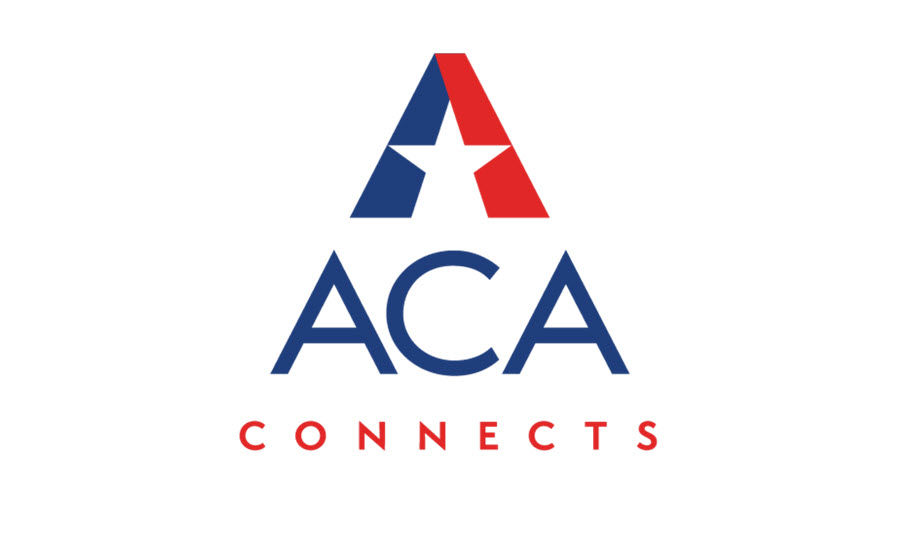Retrans Buying Group Provisions in TVPA Working, ACA Connects Says
But group representing small, indie cable argues that retransmission consent system is still broken

The smarter way to stay on top of the multichannel video marketplace. Sign up below.
You are now subscribed
Your newsletter sign-up was successful
ACA Connects, whose membership ranks of smaller and midsized independent cable operators got more retransmission consent leverage from Congress, says that move has paid off in a bunch of group carriage deals with larger broadcast groups since the Television Viewer Protection Act of 2019 went into effect more than a year ago.
ACAC pushed for years to get the government to acknowledge the National Cable Television Cooperative as a recognized buying group for smaller multichannel video programming distributors (MVPDs), so the TVPA mandate was a victory for the association.
ACAC was reporting back to the Federal Communications Commission, which sought comment on how it had implemented the retransmission consent buying groups and truth-in-billing provisions in the TVPA. The buying-group provision “allows smaller MVPDs to negotiate collectively as a buying group for retransmission consent with large broadcast station groups, and requires large broadcast station groups to negotiate in good faith for retransmission consent with a qualified MVPD buying group.“
Also: Cable Retrans Blackouts Declined Sharply in 2021, But 2022 Could See an Uptick in Disputes
The qualified buying group at issue was the NCTC. ACAC told the FCC “the buying group provisions and related implementing rules have largely served their limited purpose.“
In the year and a half since the buying group provision became effective, ACA said, more than 600 MVPDs have relied on it to negotiate deals with E.W. Scripps, Tegna, Gray Television, Meredith, ViacomCBS and Sinclair Broadcast Group. Nexstar Media Group was the only broadcaster with whom NCTC tried, and failed, to negotiate an agreement.
Not only did deals get done, said ACA Connects, but they were struck with better terms and likely lower prices. ACAC said the provision “surely resulted in lower prices for some of the smallest cable system operators, whose lack of experience and expertise in negotiating with large, sophisticated broadcasters might otherwise have resulted in deals with exceptionally high rates or exceptionally disadvantageous terms.”
Still, ACAC said, while the deals got better, the provision didn't — and couldn't — “meaningfully narrow“ the gap between what large and small MVPDs pay for retrans, nor fix what ACAC described as a broken retrans market generally.
“Broadcasters, in other words, still have an incredible amount of leverage,” ACAC told the commission. “The terms and conditions entered into by NCTC were by no means great for the small cable operators opting into them. But those deals involved lower transaction costs than individual negotiations would have and provided other benefits to small providers and, to varying degrees, lower rates than individual negotiations would have produced.” ■
The smarter way to stay on top of the multichannel video marketplace. Sign up below.
Contributing editor John Eggerton has been an editor and/or writer on media regulation, legislation and policy for over four decades, including covering the FCC, FTC, Congress, the major media trade associations, and the federal courts. In addition to Multichannel News and Broadcasting + Cable, his work has appeared in Radio World, TV Technology, TV Fax, This Week in Consumer Electronics, Variety and the Encyclopedia Britannica.

